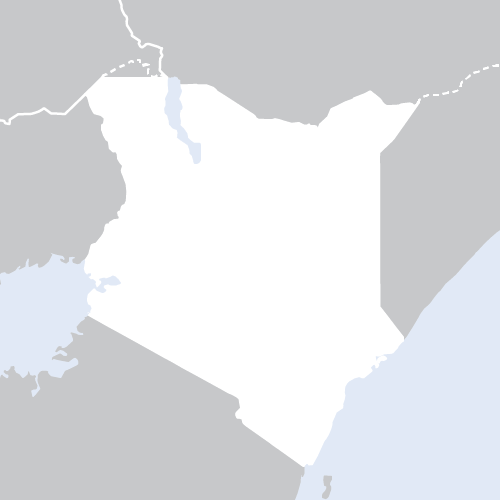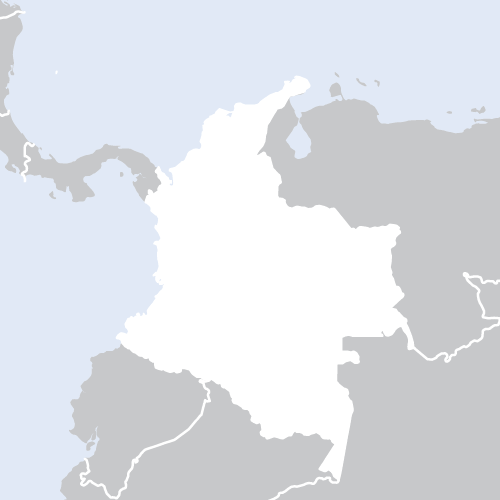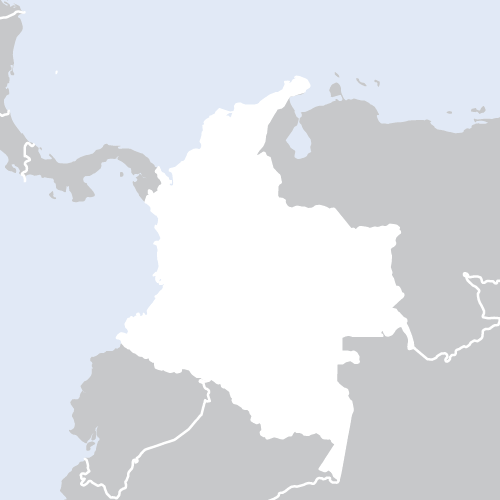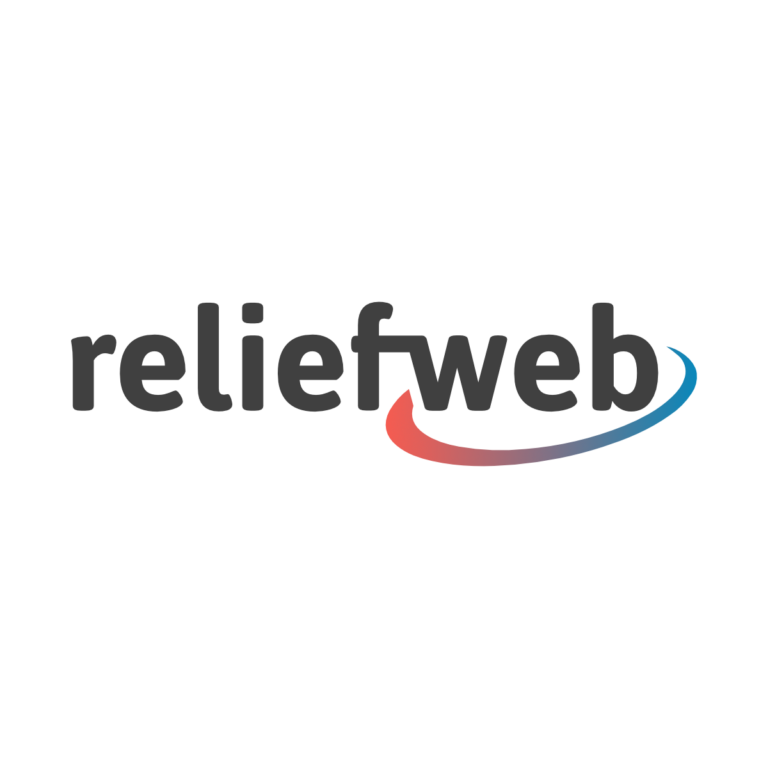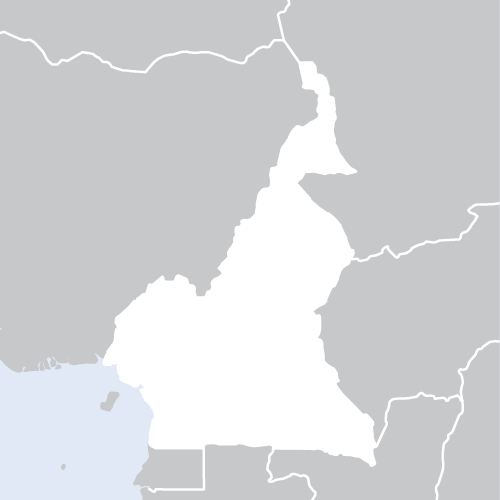Kenya + 2 more
Economic Recovery and Development Regional Lead, Central Africa
The International Rescue Committee (IRC) responds to the world’s worst humanitarian crises, helping to restore health, safety, education, economic wellbeing, and power to people devastated by conflict and disaster. Founded in 1933 at the call of Albert Einstein, the IRC is one of the world’s largest international humanitarian non-governmental organizations (INGO), at work in more than 40 countries and 29 U.S. cities helping people to survive, reclaim control of their future and strengthen their communities. A force for humanity, IRC employees deliver lasting impact by restoring safety, dignity and hope to millions. If you’re a solutions-driven, passionate change-maker, come join us in positively impacting the lives of millions of people world-wide for a better future.
We aim to make our programs a model for the highest global standards and to cultivate lasting change not just for our clients but for all people affected by humanitarian crises. To achieve that vision, the IRC’s Technical Excellence (TE) group, located within the Crisis Response, Recovery and Development (CRRD) Department, provides technical assistance to IRC’s country program staff and shares what we learn to influence policy and practice globally.
IRC’s Technical Excellence team is comprised of five sector teams or “Units” which have deep expertise in their respective fields: Education, Economic Wellbeing, Governance, Health, and Violence Prevention and Response, as well as teams which provide measurement and finance/grant management support. Technical teams are also matrixed with a team that focuses on the quality and content of cross-sectoral programming in emergency responses.
IRC’s Technical Excellence teams offer five core services to IRC country programs and the wider organization:
1. Program Design: We support country and regional teams to design state of the art programming, incorporating the best available evidence, cost data, and expertise of what has worked elsewhere, together with the knowledge that country teams, partner organizations and our clients bring to the table.
2. Quality Assurance: We partner with our measurement teams to design and drive the use of indicators to measure progress towards outcomes. We partner with regional and country teams to review program delivery progress and help address implementation challenges and adapt interventions to changed circumstances.
3. Business Development: We partner within and outside the IRC to design winning bids and identify winning consortia; we deploy technical expertise in public events and private meetings to position IRC as a partner of choice.
4. Research & Learning: We partner with our research lab to design cutting edge research to fill evidence gaps, and with country teams to learn from implementation such that we continuously improve our future design and delivery.
5. External Influence: We showcase the IRC’s programs, technical insights and learning in order to influence and improve the humanitarian sector’s policy and practice.
Technical Excellence is currently going through a change process called “Regional and Technical Alignment.” We are doing this to ensure that the impact of our programs and the influence of our ideas create meaningful change for people affected by crisis. This next phase of IRC’s commitment to program quality will more deliberately resource and link global thought leadership with practice on the ground. Updated Technical Unit structures will have new roles with clearer mandates. The Regional Lead is a new leadership role introduced by this change process.
The Economy Recovery and Development Unit at the IRC
The Economy Recovery and Development (ERD) Unit is one of IRC’s five Technical Units alongside Health, Education, Violence Prevention and Response, and Governance. Technical Units provide support to our country programs in the design, delivery, quality assurance and continuous learning for programs advancing the outcomes areas the IRC supports and driving thought leadership around those areas of work.
The ERD TU is a dynamic team of more than 30 professionals responsible for supporting the development, implementation, and monitoring of client-centered economic wellbeing (EWB) programs. These include, but not limited to, cash and voucher assistance (CVA), agricultural & climate-resilient livelihoods, financial inclusion, and employment (including self-employment/enterprise development) promotion across emergency, recovery and resilience programming contexts. The TU’s technical assistance to this wide variety of programs ensures quality and use of evidence-based practices; promotes innovation, diversity, equity, and inclusion; and drives data-based management and decision making, to achieve positive change in people’s lives.
Job Overview
Economic Recovery and Development (ERD) Central Africa Regional Lead provides coherence and direction to the provision of technical support for Cash & Markets; Resilient Food Systems; and Economic Inclusion programming in Central Africa. As a member of both the regional team and the technical unit senior management team, the ERD Central Africa Regional Lead has accountability for technical quality and responsibility for assuring the advice from Technical Advisors is taken into appropriate action by the country office.
The ERD Central Africa Regional Lead will lead a highly effective, strategic ERD regional team to ensure the Central Africa Region has high quality, sound technical support needed to deliver on global program goals and effectively serve our clients. The role will serve as a functional leader, advisor, and a thought partner to both TU leadership and regional leadership, with a particular focus on leading the operationalization of the Economic Wellbeing strategy in Central Africa, multi-sector and sub-sector program integration, mainstreaming of Gender Equality, Diversity, and Inclusion across programming, evidence-based design, business development, and quality assurance for high-impact and scale strategic projects. The ERD Central Africa Regional Lead will coordinate across individuals and projects, ensuring clear priorities are set and communicated, and navigating the challenges inherent in being an advisory function. They will be excellent people managers, with great team building/animation skills, able to help technical staff succeed and grow in their careers. The ERD Central Africa Regional Lead will invest deeply in understanding the context and dynamics of the country and regional teams and the challenges they face. They will ensure coherent ways of working within and across the regional technical team, as well as within the wider ERD TU, to align high quality technical support with the operational realities of the country offices. The Regional Lead will champion technical external representation in regional fora for promoting learning, advocacy and showcasing IRC’s programming as well as engage with regional colleagues on donor facing engagement. By doing so, the Regional Lead will ensure high quality programming across the Cash & Markets; Resilient Food Systems; and Economic Inclusion practice areas in Central Africa, high quality coordination and partnership with regional teams, effective team performance, and efficiency and impact of technical excellence service offering to the Central Africa region and country programs. In Central Africa, ERD programming operates in all IRC’s CA countries (Tanzania, DRC, CAR, Cameroon, and Chad) with at least 3 technical advisors working across the 3 practice areas.
Major Responsibilities
Functional Leadership, Coordination and Implementation Support:
• Provide technical leadership across the region, including by contextualizing the Economic Wellbeing at the regional level in partnership with Technical Advisors, DRD, + Deputy Director of Programs (DDP) and in line with Country Program Strategic Action Plans
• Promote programming coherence and strategic direction of the ERD programming portfolio including identifying opportunities for intra and cross-sectoral integration
• Closely coordinate with Global Practice Leads and HQ functions to facilitate translation of global standards to the region and of country-generated innovation and learning to global practice
• Support regional Technical Advisors to address implementation bottlenecks and critical quality concerns in the region’s programming portfolio, in partnership with the Deputy Regional Director (DRD)
• Increase quality of technical collaboration across the region by fostering cross-regional dialogue with other regional technical teams
• Provide technical oversight of regional strategic projects in collaboration with the Global Practice Leads as appropriate and/or budgeted, escalating quality assurance challenges as needed
• Foster relationships with a wide range of both internal and external stakeholders to make strategic connections and identify opportunities
• Provide stop-gap direct implementation support as/if appropriate and budgeted on CP-grants
Staff management, learning, and development
• Lead and line manage a high performing team of ERD Technical Advisors to design and support ERD programming across the region, and generate evidence and learning for local and global strategies
• Accountable for ensuring TAs maintain core knowledge and expertise and apply global best practices to their work across health sub-sectors
• Work closely with Regional and CRRD HQ People & Culture colleagues to devise strategies of attracting, onboarding, developing, and nurturing diverse regional technical staff at the Advisor and Coordinator levels, and ensuring an inclusive work environment. In collaboration with the DRD, Regional and CRRD HQ P&C, and Global Practice Leads, plan and implement professional development for staff ensuring targeted learning.
Program Design and Business Development
• Provide technical leadership and oversight to region-led (multi-country) business development, as well as particularly large single-country opportunities, together with the Technical Advisors, Global Practice Leads and others as relevant.
• Support and promote technical and programmatic innovation in the region, based on technically-sound and contextually-grounded creativity and/or insights
• Collaborate with other technical area Regional Leads and Technical Advisors to promote regional uptake of solutions that are proven to increase scale and deepen impact, with close attention to where integrated programming would multiply efficacy and efficiency
• Work with DRD, Director of Awards Management and DDPs for country programs to understand the region’s donors for the ERD sectors, the donors’ priorities in the region, and the regional funding priorities of Country Programs for the Economic Wellbeing Outcomes
• Support regional donor engagement to deepen donor understanding of IRC’s work the region, strategically foster and develop new donor relationships in close coordination with the regional team, and support the development of regional business development opportunities
• Support the development and growth of strategic partnerships with mission-aligned organizations at the regional level who share commitments towards scale and impact and have complementary areas of expertise for collaboration towards delivering better outcomes for clients
• Accountable for coordinating across expert staff to better integrate cross-cutting issues into ERD programs (e.g., gender equality, diversity and inclusion, climate adaptation, etc.).
Knowledge Management, Monitoring, Evaluation, Accountability and Learning
• Lift up program learning for sharing across the region and to inform global strategic direction of (relevant) Global Practice Areas
• Facilitate interpretation and use of sector data in regional learning routines and put in place routines and accountability mechanisms to encourage uptake of data-driven recommendations made by TAs
• Collaborate with Regional Measurement Advisors to ensure that Regional Technical Advisors support good MEAL practice for ERD programming in Central Africa, including the use of high-quality indicators, the use of IRC standard data tools, and the inclusion of MEAL activities in project plans
External Influence and Representation
• Engage in regional sector coordination groups and bilateral relationships as appropriate, to represent IRC, showcase learning from our client-centered program implementation, and support priority policy and practice shifts
• Support regions in addressing policy & practice shifts needed to enable program impact and scale
• In close collaboration and partnership with the DRD, regional Awards Management and Advocacy focal points, ensure effective networking and representation in relation to Cash & Markets; Resilient Food Systems; and Economic Inclusion through mobilizing input from global practice leads.
Key Working Relationships
• Position Reports to: Dual reporting line to Deputy Director, ERD TU and DRD, Central Africa
• Direct Reports:
o 1 Cash & Markets Technical Advisor
o 2 Livelihoods Technical Advisors
Key Internal Relationships:
• ERD Deputy Director
• Global Practice Leads for Cash & Markets; Resilient Food Systems; and Economic Inclusion
• ERD Regional Leads and Regional Focal Points across 5 other regions
• Regional Measurement Advisor
• Regional Leadership Team, Country Directors, DDPs, CRRD colleagues across multiple roles
• Regional Advocacy and Comms leads
• Regional Safety & Security lead
• Central Africa Awards Management Unit team
• CRRD Senior Management Team and Leadership Group; Regional Leadership Teams
• Global HQ and AMU focal points
Key External Relationships:
• Regional Cash, Food Security, and Economic Inclusion coordination clusters, INGOs, donors and policy makers, counterparts in relevant UN agencies.
Desired Experience and Skills
• Highly seasoned professional with at least 8+ years of progressive technical and management experience leading and managing technical teams
• Established technical expertise in at least one of the ERD Global Practice Areas relevant to Central Africa. Professional and/or lived experience in Central Africa context and sound understanding of the region is a huge advantage.
• Excellent management and leadership skills including coaching, mentoring, and performance management
• Strong track record of leading multi-location technical programs
• Strong track record of driving uptake of evidence-based practice
• Experience managing multiple projects with multi-disciplinary collaborators
• Demonstrated ability to influence across a wide range of diverse stakeholders internally and externally
• Strong track record of identifying and converting business development opportunities (when leading and managing the leader)
• Knowledge and understanding of the respective regional context
• Ability to work, manage, and meet deadlines in a fast-paced environment; outstanding business acumen, critical thinking, problem solving and decision-making skills required
• Superb inter-personal, written and verbal communication skills with ability to collaborate across countries, cultures, and departments
• Fluency in English and French is required. Additional regionally spoken language is a huge advantage.
• Ability to travel regionally and globally up to 35% of the time, occasionally on short notice
Education: Masters’ degree in economics, business management, international development, agriculture or any other relevant fields or an equivalent professional experience of background is required. Sound training on the use of data and research evidence for programmatic decision making and rigorous analytic skills are an advantage.
Standard of Professional Conduct: The IRC and the IRC workers must adhere to the values and principles outlined in the IRC Way – our Code of Conduct. These are Integrity, Service, Accountability, and Equality.
Commitment to Gender, Equality, Diversity, and Inclusion: The IRC is committed to creating a diverse, inclusive, respectful, and safe work environment where all persons are treated fairly, with dignity and respect. The IRC expressly prohibits and will not tolerate discrimination, harassment, retaliation, or bullying of the IRC persons in any work setting. We aim to increase the representation of women, people that are from country and communities we serve, and people who identify as races and ethnicities that are under-represented in global power structures.
